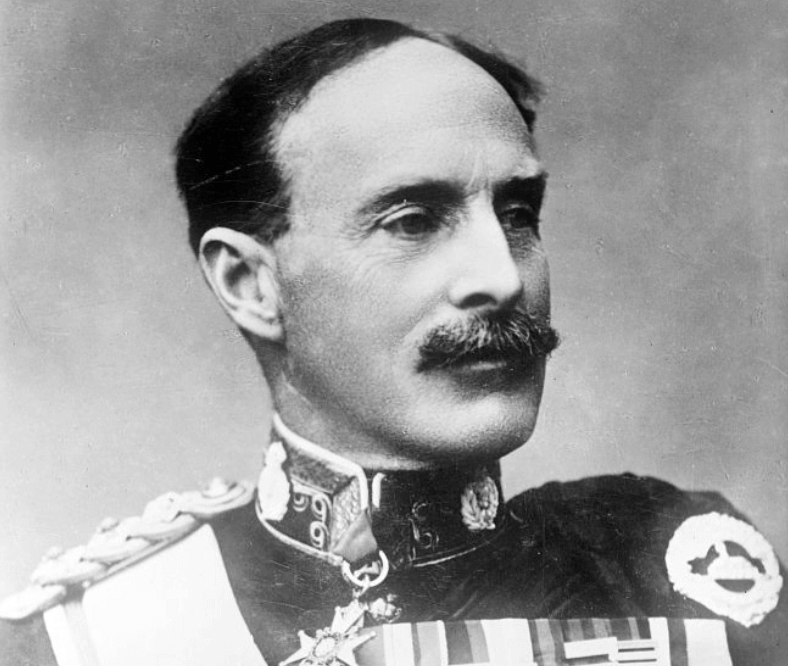Who was Ian Standish Monteith Hamilton? Explore the life and military career of Ian Standish Monteith Hamilton, a British general who commanded the Allied forces during the ill-fated Gallipoli campaign in World War I. From his early days at the Royal Military College to his experiences in various conflicts, including the Second Boer War and Russo-Japanese War, learn about Hamilton’s roles, challenges, and the ultimate recall that marked the end of his military career.

Ian Standish Monteith Hamilton; (1853-1947), British general, who commanded the British Fmpire forces in the disastrous Gallipoli campaign against the Turks in World War I. He was born on Corfu on Jan. 16, 1853, the son of a British army officer. In 1875 he went to India with the Gordon Highlanders. In the next 27 years, he served in the Second Afghan War, the Transvaal revolt, the Gordon relief expedition, in Burma, at Chitral and Tirah on India’s northwest frontier, and in the South African War. He was knighted in 1900. When he became a lieutenant general in 1902, he had seen more combat than any other senior British officer.
In the Russo-Japanese War, Hamilton was an observer with the Japanese in Manchuria. He published a report in which his caustic references to cavalry and his advocacy of heavy mobile artillery incensed some superiors. He later warned of Japan’s expansionist designs in the Pacific.
Hamilton was appointed in March 1915 to command the Allies’ Mediterranean Expeditionary Force, charged with supporting the fleets in forcing the Dardanelles strait by a landing on Gallipoli Peninsula. It was hoped that this move would transform the war, which had reached a trench-bound stalemate in France.
Hamilton had immense difficulties. Several key subordinates proved incompetent or supine. But he was too optimistic, relied too much on others, and when things went wrong, he did not impose his will with sufficient force. He was relieved of command in October 1915.
Hamilton had, in Winston Churchill’s phrase, “a most happy gift of expression, a fine taste in words.” He wrote two vivid autobiographies, various military works, a novel, and poetry. He died in London on Oct. 12, 1947.
Military Career
Ian Hamilton attended the Royal Military College, Sandhurst in 1870, entering the British Army as an officer in the first year regulated by academic examination rather than monetary commission purchasing. He initially served with the Suffolk Regiment before transferring to the 2nd Battalion of The Gordon Highlanders in India, where he participated in the Afghan campaign.
During the First Boer War, Hamilton was wounded and taken prisoner at the Battle of Majuba. After recovering in England and being introduced to Queen Victoria, he continued his military service, being promoted to captain and participating in the Nile Expedition of 1884–1885, where he achieved the rank of brevet-major. He continued to serve in various capacities, including in Burma and as military secretary in the Chitral Expedition.
In the Second Boer War, Hamilton served as Chief Staff Officer, commanding infantry at the Battle of Elandslaagte and later leading the southern sector’s defenses in the Siege of Ladysmith. He played a significant role in the relief of Ladysmith, receiving promotions and knighthood for his services. After the war, he served as Military Secretary at the War Office and Chief of Staff in South Africa.
Hamilton then served as the military attaché with the Japanese army during the Russo-Japanese War from 1904 to 1905, gaining insights into modern warfare. Returning to England, he held various commands, including General Officer Commanding Southern Command and Adjutant-General to the Forces.
In the First World War, Hamilton was appointed Commander-in-Chief, Home Army. Later, he led the Allied Mediterranean Expeditionary Force in the ill-fated Gallipoli campaign in 1915. Despite facing challenges such as poor intelligence and logistical issues, the campaign stalled, and Hamilton was recalled to London in October 1915, effectively ending his military career.